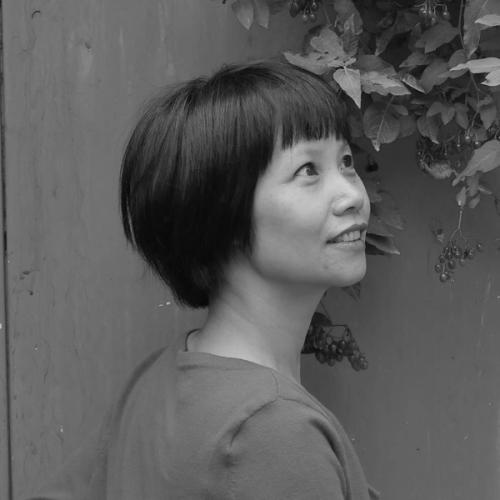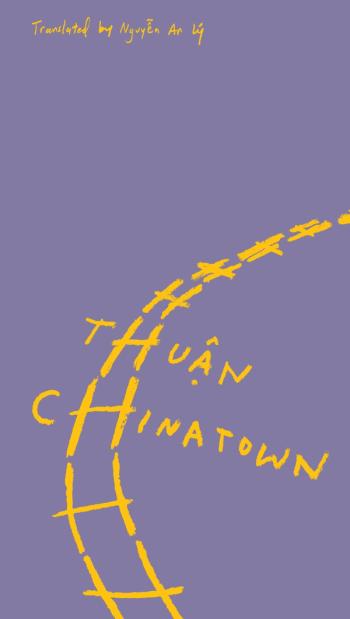Translated by Nguyễn An Lý
A young Vietnamese woman living in Paris travels back to Saigon for her estranged mother’s funeral. Her brother had recently built a new house in Saigon, and staged a grotesquely lavish ceremony for their mother to inaugurate what was rumored to be the first elevator in a private home in the country. But shortly after the ceremony, in the middle of the night, their mother mysteriously fell down the elevator shaft, dying in an instant.
After the funeral, the daughter becomes increasingly fascinated with her family’s history, and begins to investigate and track an enigmatic figure, Paul Polotsky, who emerges from her mother’s notebook. Like an amateur sleuth, she trails Polotsky through the streets of Paris, sneaking behind him as he goes about his usual routines. Meanwhile, she also researches her mother’s past—zigzagging across France and Asia—trying to find clues to the spiraling, deepening questions her mother left behind unanswered—and perhaps unanswerable.
Still banned in Vietnam, Elevator in Sài Gòn is a thrilling novel combining elements of the detective thriller, historical romance, postcolonial ghost story, and a scathing satire of life in a communist state.


